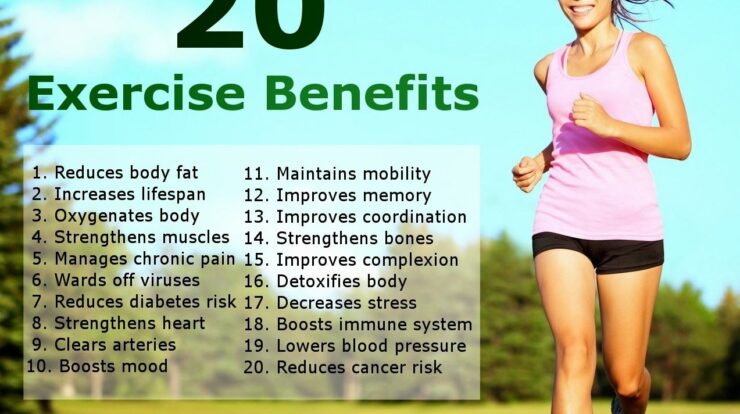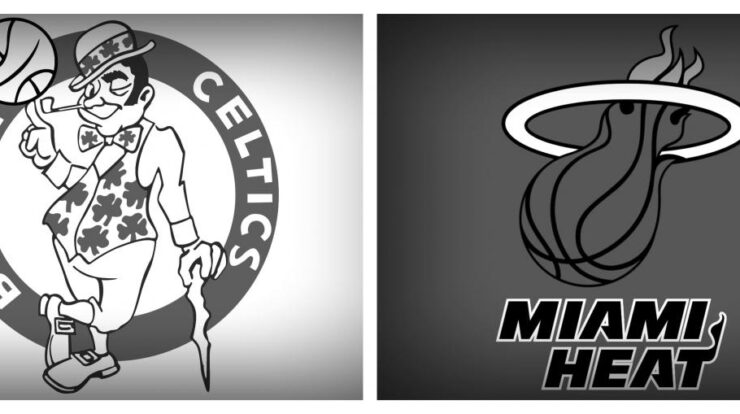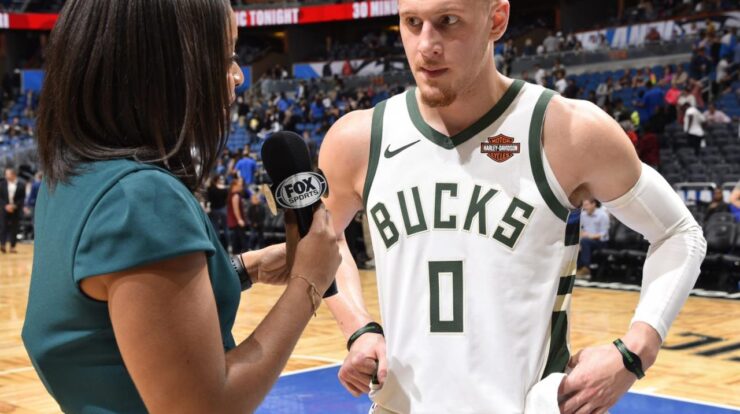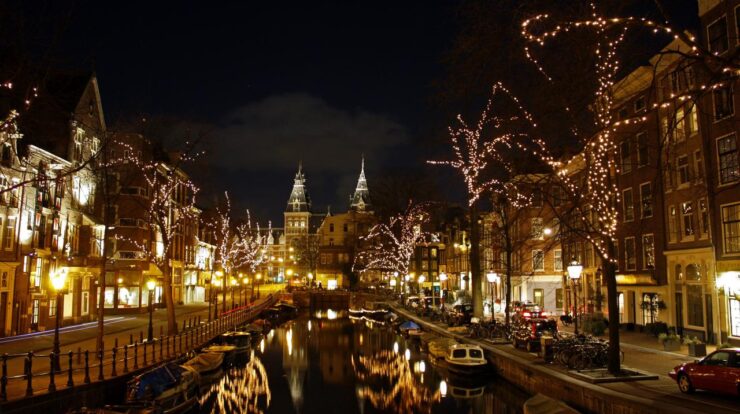
Netherlands holidays are a vibrant tapestry of cultural traditions, historical significance, and economic impact. From the bustling streets of Amsterdam to the serene canals of Giethoorn, the Netherlands transforms into a festive wonderland during the holiday season, offering a unique blend of ancient customs and modern-day celebrations.
Throughout the year, the Netherlands observes a diverse array of holidays, each with its own unique story to tell. From the lively carnival celebrations of Maastricht to the solemn remembrance of Remembrance Day, these holidays play a pivotal role in shaping the cultural identity of the Dutch people.
Holidays in the Netherlands: Netherlands Holidays
Holidays play a significant role in Dutch culture, offering opportunities for celebration, reflection, and community bonding. The Netherlands celebrates a diverse range of holidays, each with its unique traditions and cultural significance.
Types of Holidays
Dutch holidays can be categorized into three main types: national holidays, religious holidays, and cultural holidays. National holidays commemorate important historical events or figures, while religious holidays are observed by the country’s Christian population. Cultural holidays celebrate Dutch traditions, customs, and heritage.
Upcoming Holidays
Here is a calendar of upcoming holidays in the Netherlands:
- January 1: New Year’s Day
- March 27: King’s Day
- April 9: Easter Sunday
- April 10: Easter Monday
- May 5: Liberation Day
- May 18: Ascension Day
- May 29: Pentecost
- June 5: Whit Monday
- December 25: Christmas Day
- December 26: Boxing Day
Cultural Traditions
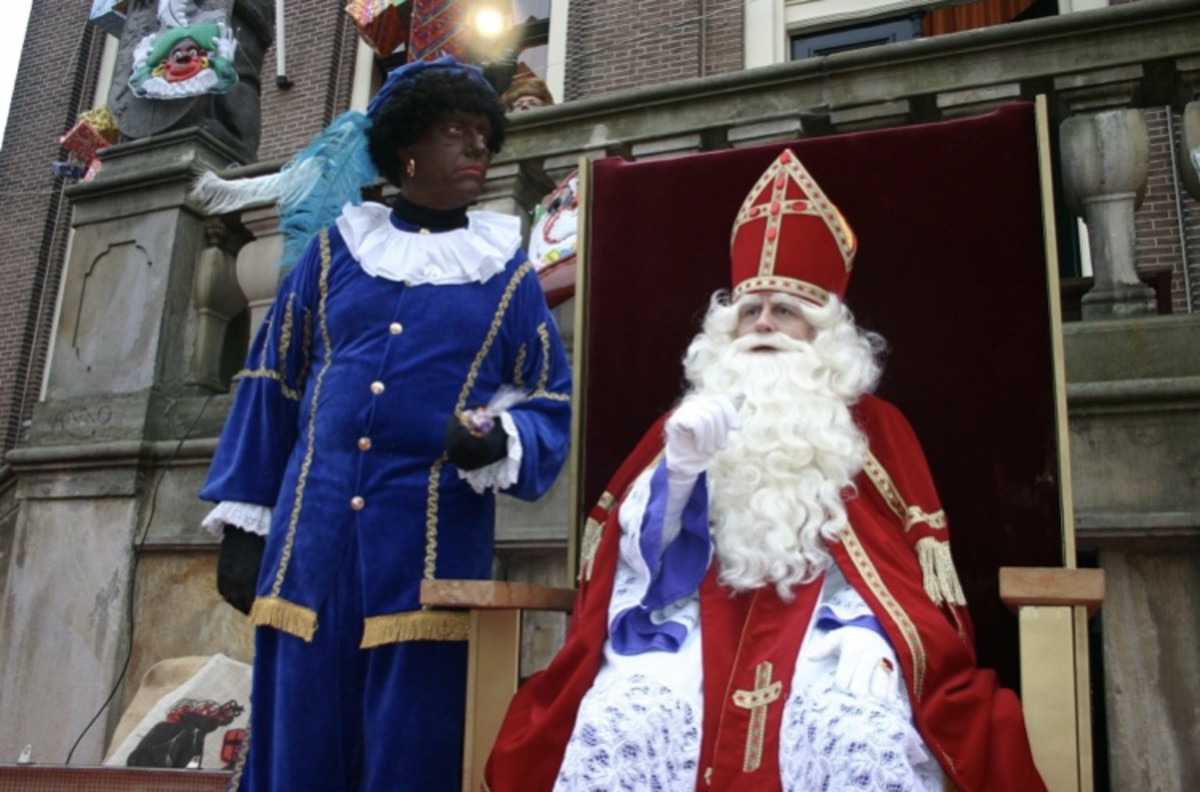
Dutch holidays are deeply rooted in the country’s traditions and customs. Each holiday has its unique rituals and practices that have been passed down through generations.
Traditional Customs
- Sinterklaas:This popular holiday is celebrated on December 5th and involves the arrival of Sinterklaas, a legendary figure who brings gifts to children.
- Oliebollen:These are traditional Dutch doughnuts that are eaten on New Year’s Eve.
- King’s Day:On this day, the Dutch celebrate the birthday of their king with street parties, orange-themed decorations, and flea markets.
Regional Variations
Holiday traditions vary across different regions of the Netherlands. For example, in the southern province of Limburg, Sinterklaas arrives by boat, while in the northern province of Friesland, he arrives on horseback.
Family and Community
Holidays are an important time for family and community gatherings. Dutch families often gather for special meals, share gifts, and participate in holiday activities together.
Economic Impact
Holidays have a significant economic impact on the Netherlands. They boost tourism, retail sales, and other industries.
Tourism
Many tourists visit the Netherlands during the holidays to experience the country’s festive atmosphere and unique traditions. Major tourist destinations include Amsterdam, The Hague, and Rotterdam.
Retail Sales
Holidays are a major shopping season in the Netherlands. Retailers offer special discounts and promotions to attract customers.
Other Industries
Holidays also benefit other industries such as transportation, hospitality, and entertainment.
Tourism and Travel
The Netherlands offers a variety of festive destinations during the holidays. Here is a guide to popular tourist spots:
Amsterdam
- Visit the Anne Frank House
- Take a canal cruise
- Visit the Rijksmuseum
The Hague
- Visit the Mauritshuis
- Explore the Peace Palace
- Visit the Binnenhof
Rotterdam
- Visit the Museum Boijmans Van Beuningen
- Take a harbor tour
- Visit the Euromast
Tips for Planning a Holiday Trip
- Book your accommodation and flights in advance, especially if you’re traveling during peak season.
- Purchase a Holland Pass for discounted admission to museums and attractions.
- Learn a few basic Dutch phrases to enhance your interactions.
Historical Significance
Holidays in the Netherlands have a rich historical background. Many holidays originated from religious traditions or commemorate important events in Dutch history.
Religious Origins
Many Dutch holidays have religious roots. For example, Easter and Christmas are Christian holidays that celebrate the resurrection of Jesus and his birth, respectively.
Historical Events
Other holidays commemorate historical events, such as Liberation Day, which marks the liberation of the Netherlands from Nazi occupation in 1945.
Influence of Religion and Politics
Religion and politics have played a significant role in shaping holiday traditions in the Netherlands. The Protestant Reformation in the 16th century led to the separation of the Dutch Reformed Church from the Catholic Church, which influenced the development of religious holidays.
International Comparisons
Dutch holiday traditions differ from those in other countries in several ways. For example, Sinterklaas is a unique Dutch tradition that is not celebrated in other countries.
Similarities and Differences, Netherlands holidays
Despite these differences, there are also similarities between Dutch holiday traditions and those in other countries. For example, Christmas is celebrated in the Netherlands and many other countries around the world.
Factors Contributing to Variations
The variations in holiday traditions between countries can be attributed to factors such as religious beliefs, cultural influences, and historical events.
Social Impact
Holidays have a positive social impact on the Netherlands. They bring people together, foster a sense of community, and promote cultural identity.
Community Bonding
Holidays provide opportunities for families and friends to gather and celebrate together. They strengthen social ties and create a sense of belonging.
Cultural Identity
Holidays play a vital role in preserving and promoting Dutch cultural identity. They showcase the country’s unique traditions, customs, and values.
National Pride
Holidays also foster national pride and unity. They commemorate important historical events and celebrate the country’s achievements.
Visual Representation
Here is a gallery of images that capture the essence of holidays in the Netherlands:
- [Image of Sinterklaas arriving by boat]
- [Image of people celebrating King’s Day in Amsterdam]
- [Image of a traditional Dutch Christmas dinner]
Here is a table summarizing the key features of each holiday:
| Holiday | Date | Traditions | Cultural Significance |
|---|---|---|---|
| New Year’s Day | January 1 | Fireworks, oliebollen | Celebration of the new year |
| King’s Day | April 27 | Street parties, orange-themed decorations, flea markets | Celebration of the king’s birthday |
| Easter | Varies | Easter egg hunts, church services | Celebration of the resurrection of Jesus |
| Liberation Day | May 5 | Parades, concerts, fireworks | Commemoration of the liberation of the Netherlands from Nazi occupation |
| Christmas | December 25 | Gift-giving, family gatherings, Christmas dinner | Celebration of the birth of Jesus |
Concluding Remarks
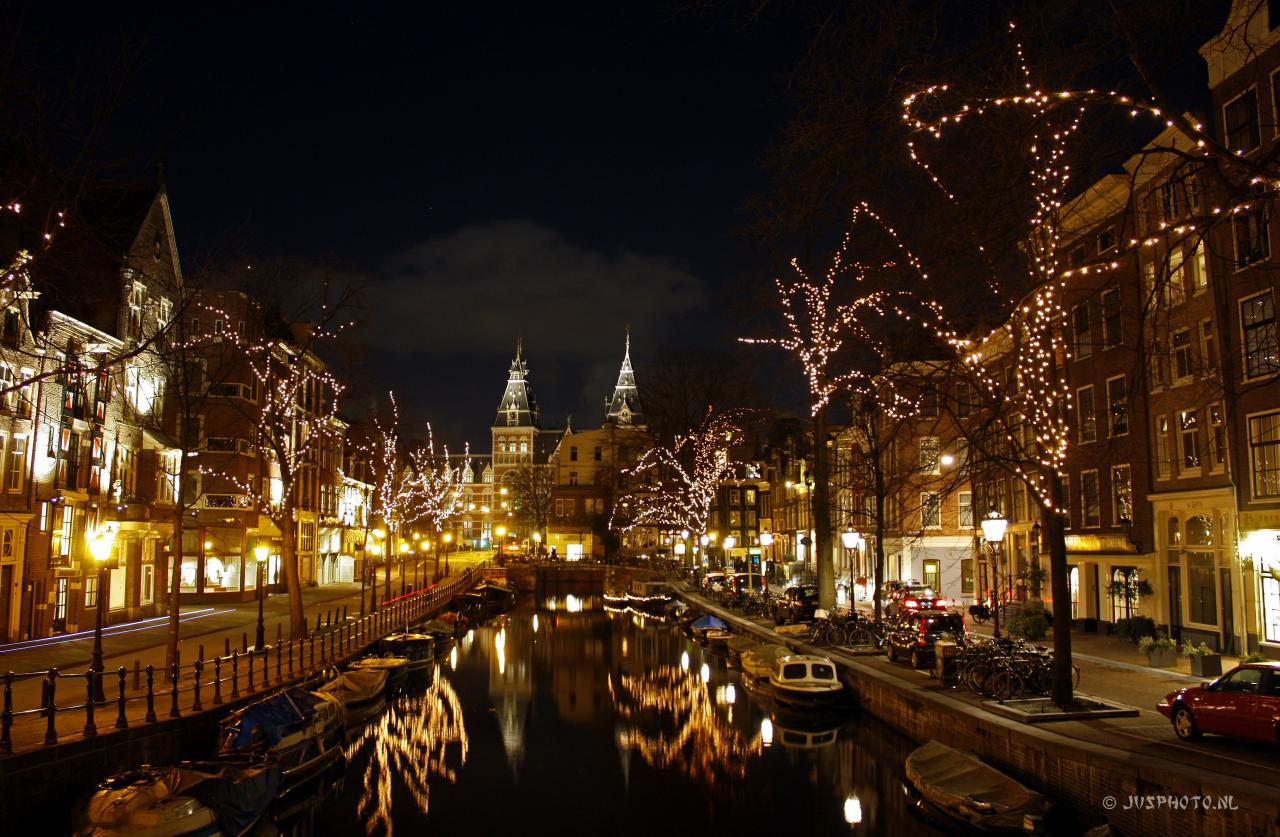
In conclusion, Netherlands holidays are a captivating blend of tradition, history, and economic significance. They offer a window into the rich cultural heritage of the Dutch people and provide a unique opportunity to experience the vibrant spirit of the Netherlands.
Answers to Common Questions
What is the most popular holiday in the Netherlands?
Koningsdag (King’s Day) is the most widely celebrated holiday in the Netherlands, honoring the birthday of King Willem-Alexander.
How do the Dutch celebrate Christmas?
Christmas in the Netherlands is a family-oriented holiday, celebrated with traditional meals, gift-giving, and festive decorations.
What is the significance of Sinterklaas in Dutch culture?
Sinterklaas is a beloved figure in Dutch folklore, representing the spirit of gift-giving and the anticipation of Christmas.


